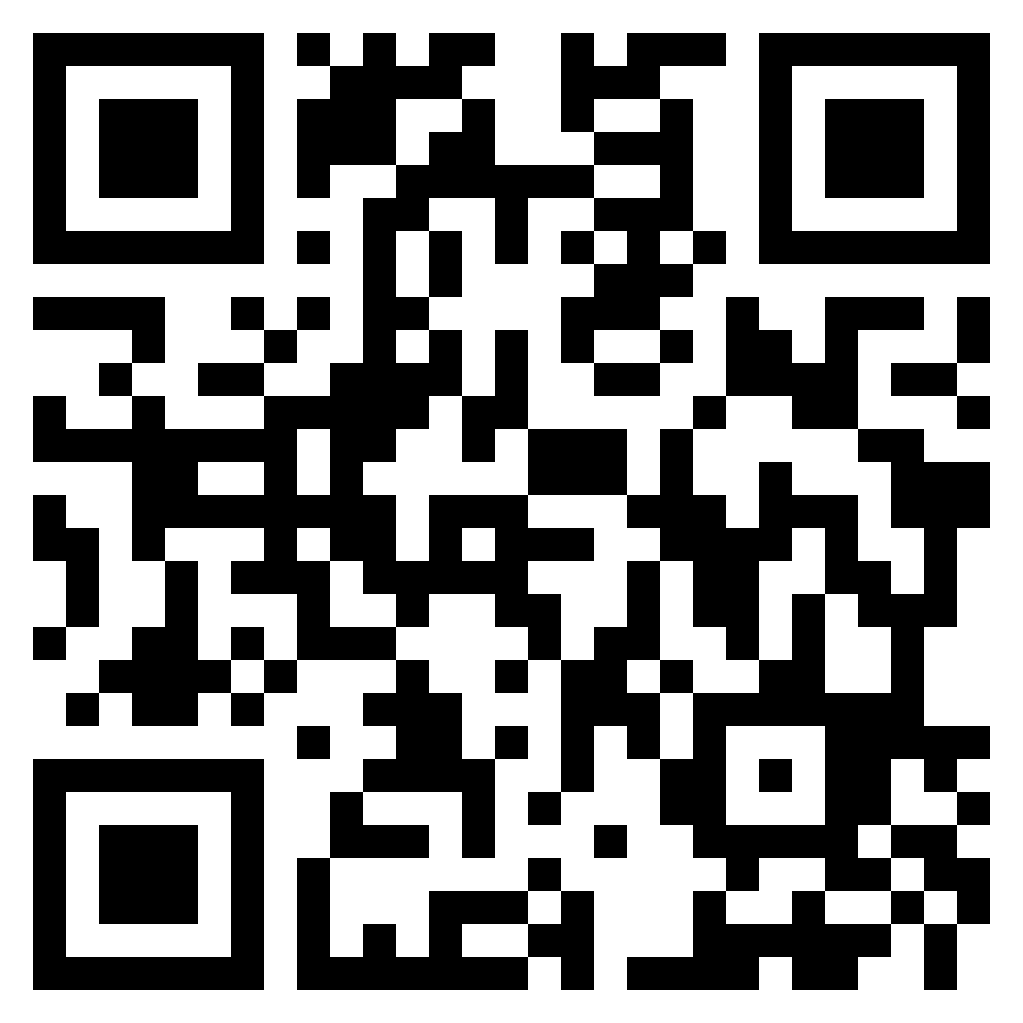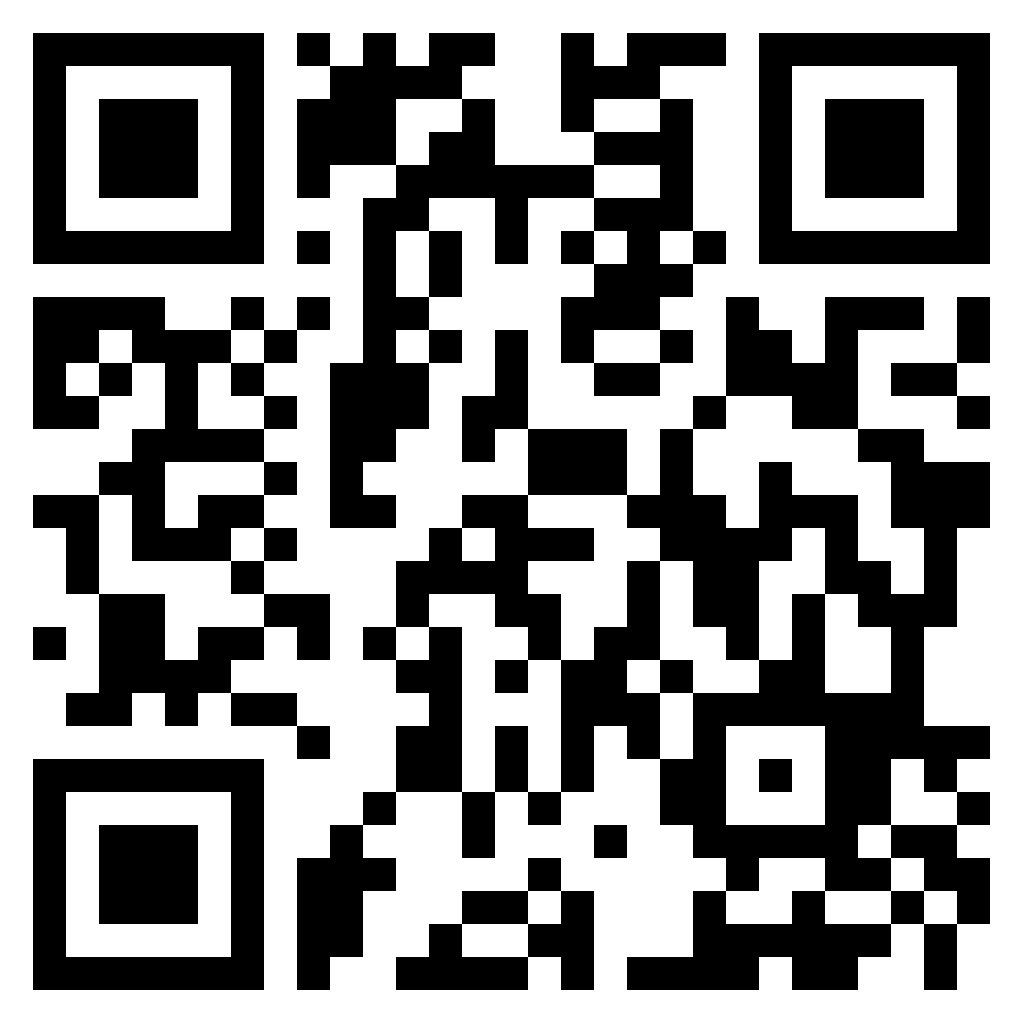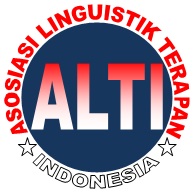Discourse Analysis Minimalism Lifestyle trough YouTube
DOI:
https://doi.org/10.46961/mediasi.v3i1.489Keywords:
Lifestyle, Minimalism, Phenomenological Approach, Discourse Analysis, YouTube,Abstract
References
Baudrillard, J. (1998). The Consumer Society: Myths and Structures. London, Thousand Oaks. New Delhi: Sage Publications.
Bourdieu, P. (1986). The Forms of Capital, dalam J. Richardson, Handbook of Theory and Research for the Sociology Education. Wesport, C.T: Greenwoord, hlm. 241-258.
Burgess, J. & Joshua G. (2018). YouTube: Online Video and Participatory Culture. New Jersey: John Wiley and Son.
Dopierala, R. (2017). Minimalism A New Mode of Consumption. University of Lodz, 4, 67-83. DOI: 10.26485/PS/2017/66.4/4
Francine, J. (2016). The Joy of Less. A Minimalist Guide to Declutter, Organize, and Simplify. San Fransisco: Chronicles Books
Hjoth, L. dkk. (2016). The Routledge Companion to Digital Etnography. Newyork: Taylor and Francis Group.
Kasperek, A. (2016). Minimalist Spirituality as an Example of Anti-consumerist Spirituality. A Sociological Perspective. Zeszyty Naukowe KUL 4: 71-88.
Schor, J. B. & Douglass B. H. (2000). The Consumer Society: Reader. New York: The New Press.
Skowroska, M. (2013). Minimalism and Hoarding: How to Deal with Excess Items. Kultura Wspczesna 1: 89-104.
Veblen, T. (2001). The Theory of the Leisure Class. New York: Modern Library.
Downloads
Published
How to Cite
Issue
Section
Citation Check
License
You are free to:
- Share — copy and redistribute the material in any medium or format for any purpose, even commercially.
- Adapt — remix, transform, and build upon the material for any purpose, even commercially.
- The licensor cannot revoke these freedoms as long as you follow the license terms.















